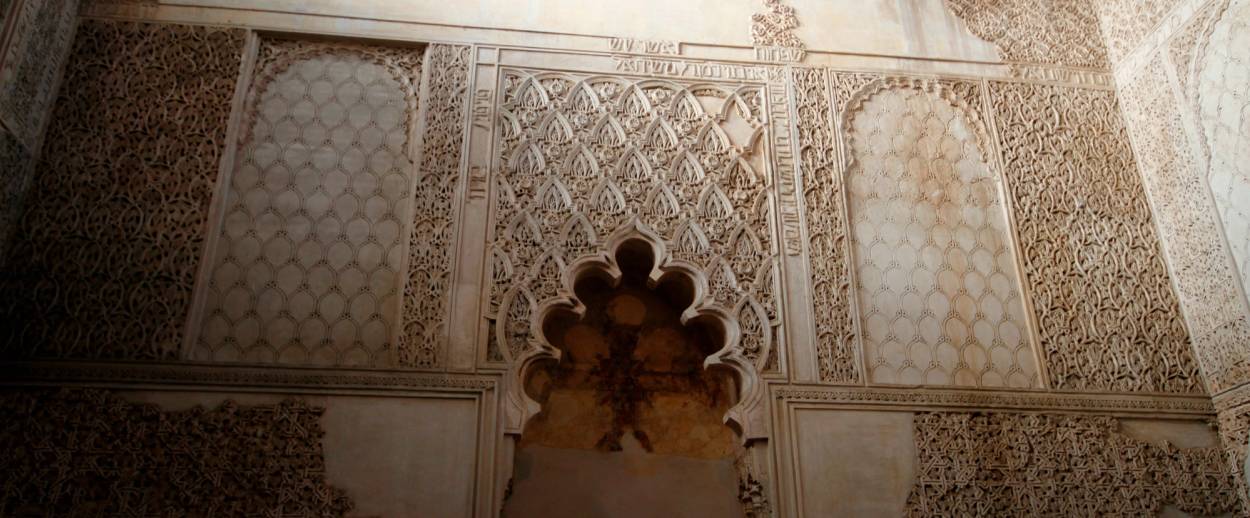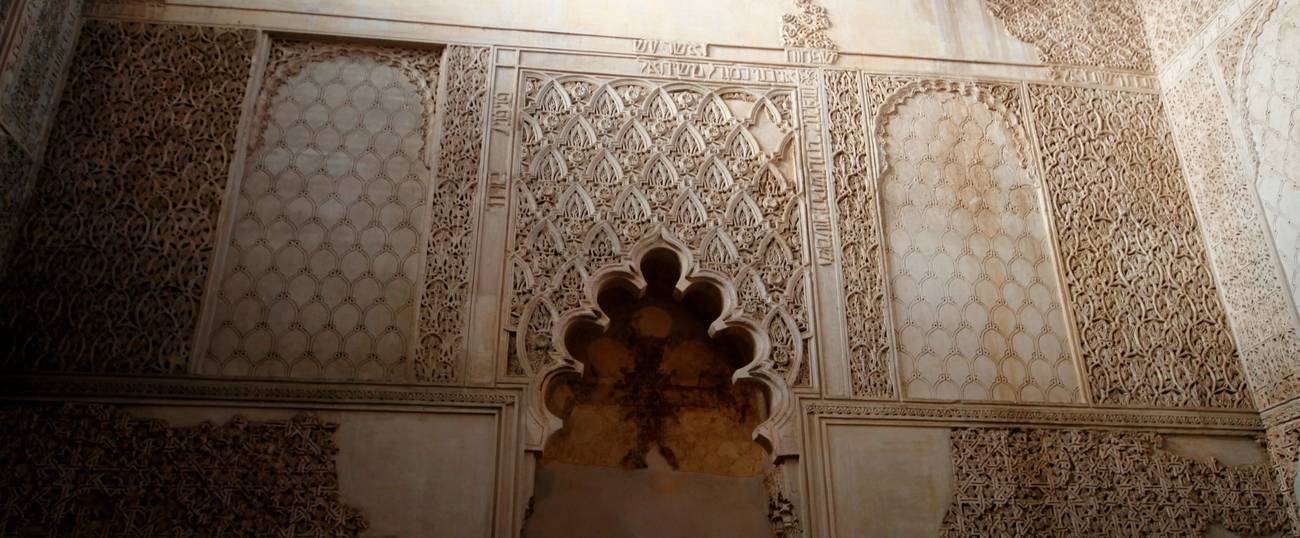Mazal Tov! After 500 Years, Cordoba Gets a Rabbi
Move over, Maimonides: Haim Casas, native Cordoban, renews the city’s illustrious rabbinic tradition




As a child, Haim Casas would walk the streets of the Jewish Quarter in Cordoba with his grandfather, talking about the city’s past. “He planted a seed in me,” Casas told me via Skype from San Roque, a Spanish town close to Gibraltar.
This June, he was ordained as a rabbi, the first Cordobese to achieve this status in 500 years.
Cordoba, with its magnificent mosques and Moorish architecture, was one of the most important intellectual hubs of the Jewish World before the expulsion of the Jews in 1492. The city was the birthplace of, among many others, Maimonides, the Talmudic scholar who contributed to Islamic science and whose authority, undisputed to this day, stretched as far as Yemen and Iraq.
After the expulsion, Jewish presence in Spain went underground to escape persecution from the Inquisition; Crypto-Jews would practice secretly, their traditions mixing with the Mediterranean ebb-and-flow throughout the centuries. Today the 30,000 Jews living in Spain are recent emigres, mostly from Moroccan background. The descendants of Crypto-Jews that remained, according to Casas, inhabit a no man’s land: unrecognized as Jews by the established communities and shunned by the Catholic church because of their hybrid background.
It is precisely this cultural mix that, for Casas, forms part of the richness of Sepharad. He started delving into the history of his hometown and uncovered his own family’s past. After consulting with other Sephardic Jews around the world, he realized his last name was common among Sephardic Jews. But he’s not only Jewish, he told me: He has Gypsy, Moorish and Catholic roots as well.
Before his plunge into the rabbinate, Judaism, for Casas, was a type of archeological phenomena, a thing of the past. His first encounter with a living Jew—a fellow Moroccan student at the University of Seville—was a shock. But it opened the world for him: In 2005, driven by his passion for invigorating Jewish identity in the Andalusian region, he teamed up with a Spanish couple to found a cultural center and museum called Casa de Sefarad, in the heart of the Jewish quarter of Cordoba.
It was through the activities that he managed in this center that he came into contact with Anglo-Saxon tourists who practiced Reform Judaism. Casas, who attended and loved traditional Moroccan services—he visited Morocco, on the other side of the Mediterranean, every summer—identified with the pluralistic values of Reform Judaism, and started organizing progressive Shabbat and holiday services, eventually establishing a small community of people from the Andalusian region, called Beit Rambam.
In a play of historical irony, when Casas decided that he wanted to become a rabbi, he realized that he had to leave Cordoba, where no center of Jewish studies exists. He graduated recently, in London, after practicing in Lion and Barcelona.
There have been other Spanish rabbis—Jordi Gendra, from Barcelona, for example, or Nisan Ben Abraham, from Majorca— but Casas is the only one who’s coming from the heart of the Andalucía region. He is aware and proud of the responsibility. His email signature features a drawing of his hometown and a quote by Ibn Gabirol, the eleventh-century Andalusian Jewish thinker. Although he is not required to, he signs his name in the traditional way, emphasizing his hometown: “Rabbi Haim Casas from Cordoba.”
He will not be returning to Cordoba, though: there aren’t enough Jews to lead a progressive congregation there. Instead, Casas will lead a community called Keren Or, a thirty-year-old congregation, in Lion, and will serve as assistant rabbi for a community in Geneva.
He´s moving away, but he is not leaving. “The connection to Sepharad is too strong,” he told me from his room overlooking the Mediterranean Sea, “It is not something that one can easily dispose of.”
Alan Grabinsky is a freelance writer and journalist based in Mexico City, covering Jewish life and urban issues for international media.